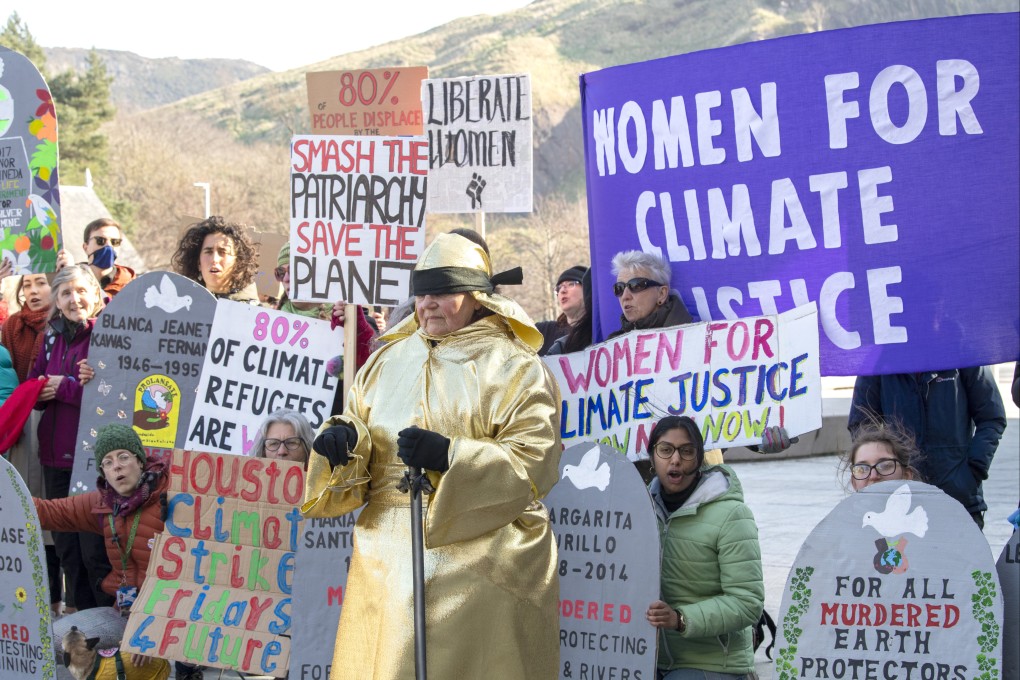Climate action needs more female leaders in Asia, UN Women specialist says
- Sarah Knibbs, UN women’s deputy regional director, called on Asian countries to have more women engaged in leadership and policymaking focused on climate change
- She said that there are “concerning trends and backlash on women rights”, noting that advocating for women and girls’ rights in Afghanistan and Myanmar remain a priority

Asia’s women often work on the front line managing and mitigating climate change impacts, said Sarah Knibbs, UN Women’s deputy regional director and officer-in-charge for Asia and the Pacific. Despite their significant contribution, the region still has few female leaders in positions of power, including in the energy and environment ministries.
“We know that is something particularly complex in our region, sometimes other protracted crises are coming at the same time as the impact of climate change, which does disproportionately impact women and girls,” Knibbs said in an exclusive interview with This Week in Asia. “We know that their voices are not well represented at a leadership level”.

Only about 18 per cent of countries in the Asia-Pacific have a woman as environment minister. Meanwhile, UN statistics show that nearly 80 per cent of people displaced by climate change have been women.
“What we would like to see is much more acknowledgement of what women are doing first of all, and more representation of women in leadership and policymaking,” Knibbs said.
“Since women make up more poor people in the world, since women are often responsible for more day to day work on agriculture and all kinds of jobs that depend on natural resources – women and girls do bear a disproportionate impact and burden.”
